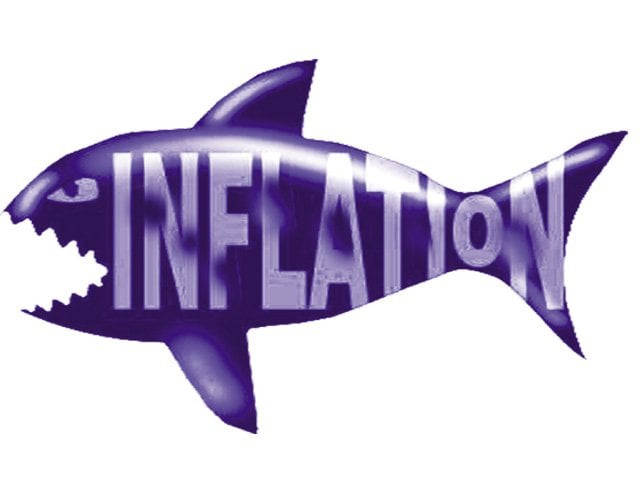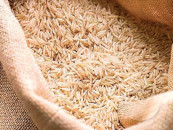GST increase believed to stoke up inflation
Experts say govt should rely more on direct taxes.

With the rise in GST, the retailers will charge even higher tax, say 1.5% or 2%, in the absence of a mechanism to keep a check on such practices. DESIGN: ASAD SALEEM
Perhaps the most hated feature of the first budget presented by the Pakistan Muslim League-Nawaz government is the increase in general sales tax (GST) from 16% to 17% primarily because it is inflationary in nature.
While it is disturbing for the general public, economic experts also disapprove it, who argue that the government should go for increasing collection from direct taxes instead of keeping persistent focus on indirect taxes.
But how the single percentage point increase in GST can stoke up inflation?
“Even one percentage point increase in GST will leave its impact because both direct and indirect inflationary pressures are associated with it,” said Khurram Schehzad, Head of Research at Arif Habib Limited.
Apart from the direct increase in prices of general items, its indirect impact will mainly come from a rise in transportation cost because GST is also applicable to petroleum products, he added.

It is believed that the GST increase will bring additional revenue of Rs50-60 billion for the country. Though it is a big amount for a cash-starved government, experts are concerned that inadequate measures are being taken to increase direct taxes to force the rich to contribute their due share.
“GST rate is already too high and I don’t think there is any reason to raise it further,” Shehzad stressed. “Of all the increases in duties and taxes in the budget, the GST has the highest weightage.”
Pakistan heavily relies on indirect taxation, but it also has a big black economy and widely unchecked smuggling. There is no dearth of experts who believe that the country can increase revenues with a reduction in tax rates as high taxes discourage people from paying their share.
They suggest that the government should have slapped taxes on retailers, wholesalers and other sectors that are not paying any income tax. Taxing the already taxed people and sectors will fuel resentment among them.
“Everybody, whether he is earning Rs5,000 or Rs500,000 a month, has to pay GST at an equal rate. Since it is a ‘regressive’ tax, it is unreasonable,” Zia Abbas, a lecturer at the Applied Economics Research Centre (AERC) of the University of Karachi told The Express Tribune. Those who earn more should pay more, that should be the way, he said.
With the rise in GST, the retailers will charge even higher tax, say 1.5% or 2%, in the absence of a mechanism to keep a check on such practices, he said, adding this will definitely trigger inflationary pressures.
Now, more people will think of ways to dodge taxes. Instead of increasing the GST, the government should tax agriculture income, real estate and stock trading – the areas that are still outside the net, he suggested.
“We all know that like the previous government, the present one will not slap taxes on influential sectors that enjoy considerable influence in power corridors,” said Zia. “It is all lip service, they (present government) will not tax the powerful sectors.”
Published in The Express Tribune, June 17th, 2013.
Like Business on Facebook to stay informed and join in the conversation.


















COMMENTS
Comments are moderated and generally will be posted if they are on-topic and not abusive.
For more information, please see our Comments FAQ